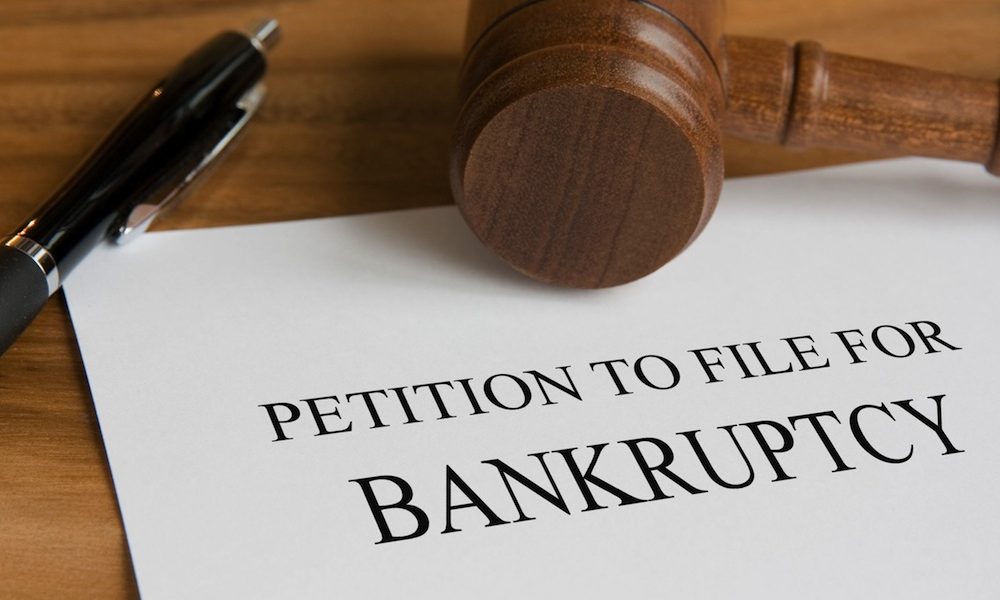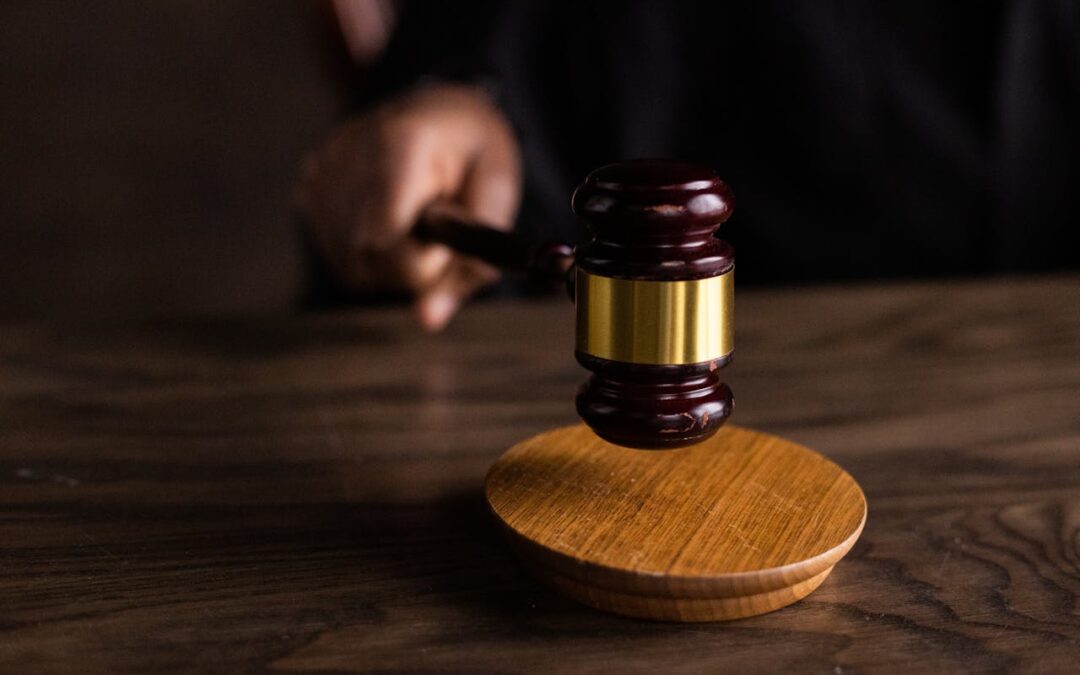Facing serious financial problems and considering bankruptcy can be extremely stressful. Your bills are piling up, creditors keep calling, and you don’t know where to turn. Hiring an experienced bankruptcy attorney to help you through the complex legal process is crucial. Here is an overview of what bankruptcy lawyers do and how their counsel and representation can help provide debt relief and peace of mind.
What is a Bankruptcy Attorney?
A bankruptcy attorney is a legal professional who specializes in bankruptcy law and exclusively represents individuals or businesses filing for bankruptcy. Bankruptcy lawyers advise clients on whether filing for bankruptcy is their best option and which chapter of bankruptcy to pursue based on their unique financial situation.
Key tasks bankruptcy attorneys handle include:
- Meeting with clients to review finances and evaluate bankruptcy options
- Collecting documentation of assets, liabilities, income and expenses
- Advising which chapter of bankruptcy to file under
- Preparing and filing all required paperwork and forms with bankruptcy court
- Representing client in court proceedings and meetings with trustees and creditors
- Working with clients to complete a mandatory credit counseling course
- Helping client develop an affordable post-bankruptcy budget
- Negotiating with creditors on behalf of the client
- Addressing legal issues that arise throughout the process
Bankruptcy lawyers help simplify a complex process so their client can get a fresh financial start.
How Can a Bankruptcy Attorney Help You?
Here are some of the key ways an experienced bankruptcy lawyer can help if you are overwhelmed by debt:
Navigates the Legal Process
The bankruptcy process is full of complicated legal filings and procedures. An attorney handles all required paperwork, communicates with the trustee, represents you in court, and ensures deadlines are met.
Offers Expert Legal Advice
A bankruptcy attorney from Ware Law Firm can advise whether you qualify for Chapter 7, Chapter 13 or another form of bankruptcy based on your specific financial situation. They explain key differences so you understand your options.
Protects Your Property
Your attorney helps you retain as much property as legally possible including cars, work tools, and a certain amount of equity in your home through bankruptcy exemptions.
Halts Creditor Harassment
Once you file, your lawyer ensures creditors stop collection efforts while your case is pending, protecting you from harassment.
Manages Communication
Your lawyer fields inquiries from creditors and the trustee on your behalf, so you avoid uncomfortable conversations.
Provides Support & Guidance
Filing for bankruptcy is emotionally difficult. Your lawyer provides needed guidance so you know what to expect during the process.
Assists with Court Proceedings
Bankruptcy attorneys represent you at court hearings, trustee meetings, and other required proceedings. This takes the stress off you.
Develops Affordable Payment Plans
If filing under Chapter 13, your attorney works with the court to create an affordable debt repayment plan you can manage based on your budget.
Improves Credit Score
Following bankruptcy, your lawyer provides guidance to help you legally rebuild your credit score by making payments on time and limiting new debt.
Having an experienced bankruptcy lawyer to rely on makes a challenging situation much more manageable. They use their deep knowledge of bankruptcy laws and court procedures to put you in the best possible financial position following bankruptcy.
What to Expect When Meeting with a Bankruptcy Attorney
The initial meeting with a bankruptcy attorney is an opportunity to fully explain your financial situation and learn your legal options. Be prepared to provide details on:
- Your assets (house, cars, property, investments etc)
- All outstanding debts and who you owe
- Your current income and expenses
- Past attempts to repay debts
- Lawsuits or collections against you
- Co-signers who could be affected
- Details on your home mortgage, auto loans, or leases
Your attorney will explain which chapter of bankruptcy is best suited based on your qualifications and goals. This includes:
Chapter 7 – Total liquidation. Wipes out most unsecured debt and you surrender any assets not protected under exemptions.
Chapter 13 – Establishes an affordable 3-5 year repayment plan for creditors. Requires regular income to make plan payments.
Chapter 11 – Reorganization plan often used by businesses. Requires proposing a repayment plan to creditors approved by the court.
Be honest and transparent with your lawyer so they gain a true picture of your financial status. This allows them to provide sound legal advice.
The right bankruptcy attorney guides you through every step of the process—from determining if bankruptcy is your best option to completing required filings and court procedures. Their counsel protects your rights under the law and ensures debt relief so you can make a fresh start. Don’t struggle with overwhelming debts on your own. An experienced bankruptcy lawyer from Ware Law Firm in Mississippi can help you develop an affordable path forward toward financial freedom.




